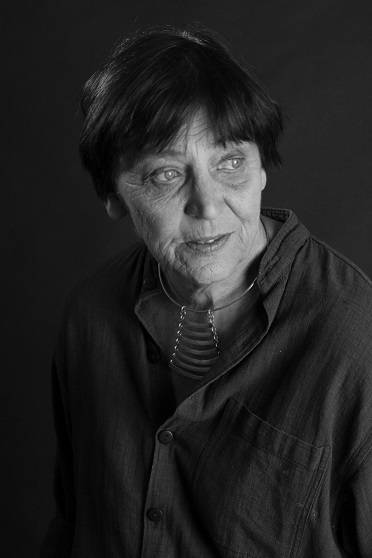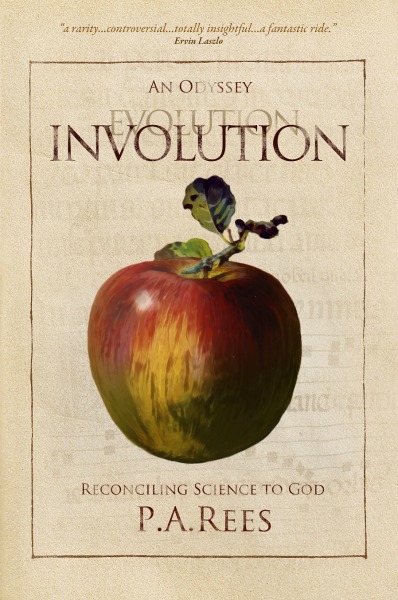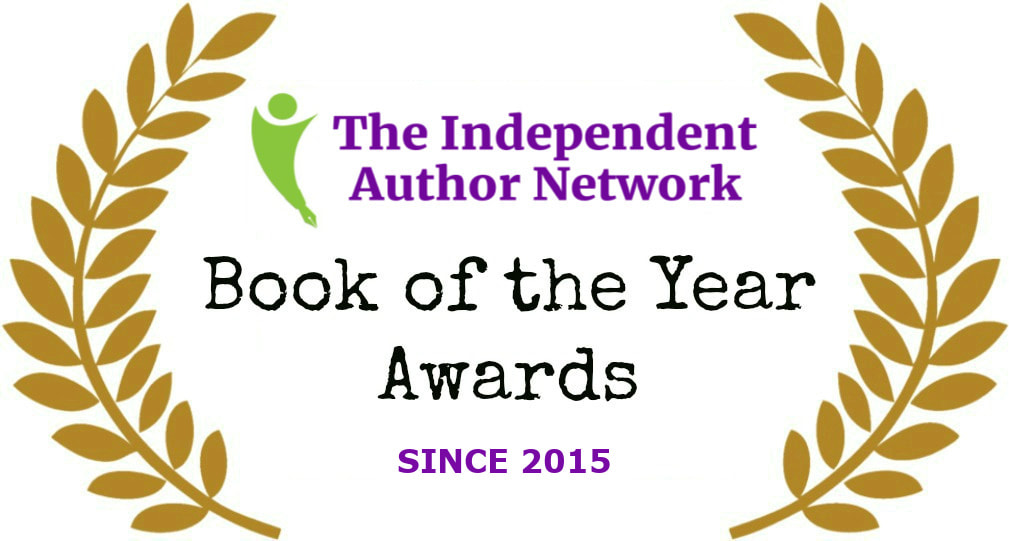Philippa Rees
|
Philippa’s life, has been one of extremes, always all or nothing, seemingly feeling its own way towards the book ‘that wrote the life’. Almost from birth in South Africa she straddled a divide, her family genetically half British, half Boer (on both sides of that vehement political conflict) and socially half black and half white, which necessitated becoming adjusted to conflict and contradiction—but mostly comfortable with solitude and its requirement to make sense of things without instruction or much help. Elizabeth Barrett Browning, a thrice removed aunt may have cast a spell or perhaps her curse of poetic narrative.
Ideas to make sense of it were found in books, and the inspiration of literature, theology and art. Choice was somehow never offered and when it was, everything was always better than something. At University five faculties were sampled before graduating in Psychology and Zoology. Later life, with a marine biologist husband, meant mangrove swamps in Mozambique fishing for supper, then the Max Planck Institute in Bavaria with Konrad Lorenz and the vitality of the new school of animal behaviour. This amalgamation of both study and experience was set alight by unsought spiritual revelation that cost the loss of everything and demanded a re-examination of all received opinion about the nature of Nature. Poetically narrated science is the result. Apart from the compelling demands of this work and other writing (A published novella ‘A Shadow in Yucatan’ three novels, many poems and a collection of short stories) Philippa has raised four daughters, lectured to mature University students, built an arts centre, and lived in Somerset, with a long-suffering husband and an aged collie, which continues. Writing always came first. |
Involution-An Odyssey Reconciling Science to God
|
Philosophy of Science; Spirituality
That science has reached the end of its habitual road, and must apply itself to the ‘hard problem’ of consciousness, and a synthesis with spirituality has now become commonplace and the subject of innumerable books. ‘Involution- An Odyssey’ differs from these by retracing the scientific journey to reveal how and why science has reached the current impasse. Instead of lamenting the consequences of the road less travelled by science, the road of inner, spiritual understanding, it reveals the presence of quiet inspiration all along. The torch bearers that lit the scientific journey: the Keplers, and Faradays that apprehended new relationships, were the scientific mystics, the counterparts of spiritually revealed truth. This work exposes the similarity between religious and scientific genius, by taking the journey afresh. In the good natured company of Reason and Soul the reader is invited on a journey through the landscape of Western thought. From the emergence of early man on the Serengeti plains, through Mesopotamia, the pre-Socratic Aegean, the Dark and Middle ages to the Renaissance and Enlightenment what the epic journey reveals is the process of Involution, the recovery of evolutionary memory. The inspirations of genius are the knots in the scientific rosary, and other languages—painting and music—keep pace, all equally reflective of that recovery towards all embracing holism. The incremental penetration of collective memory to the dawn of creation has recovered everything in theory, but at the price of a false separation between mind and matter, Man and God. |
A Shadow in Yucatan
Literary Fiction
To be re-published estimated February 2014
Recapturing the dying sixties, this story echoes that era of optimism, ultimately betrayed. Stephanie walks from pregnancy into pain but finds unexpected friendships and the steel of true generosity. What grows is her capacity for love, and love found in unlikely people, and lonely places.
This distilled poetic novel fits no category: It tells Stephanie’s story but her story is also the story of that golden time. Its nostalgia sings like cicadas in tropical heat.
To be re-published estimated February 2014
Recapturing the dying sixties, this story echoes that era of optimism, ultimately betrayed. Stephanie walks from pregnancy into pain but finds unexpected friendships and the steel of true generosity. What grows is her capacity for love, and love found in unlikely people, and lonely places.
This distilled poetic novel fits no category: It tells Stephanie’s story but her story is also the story of that golden time. Its nostalgia sings like cicadas in tropical heat.
Please share




















